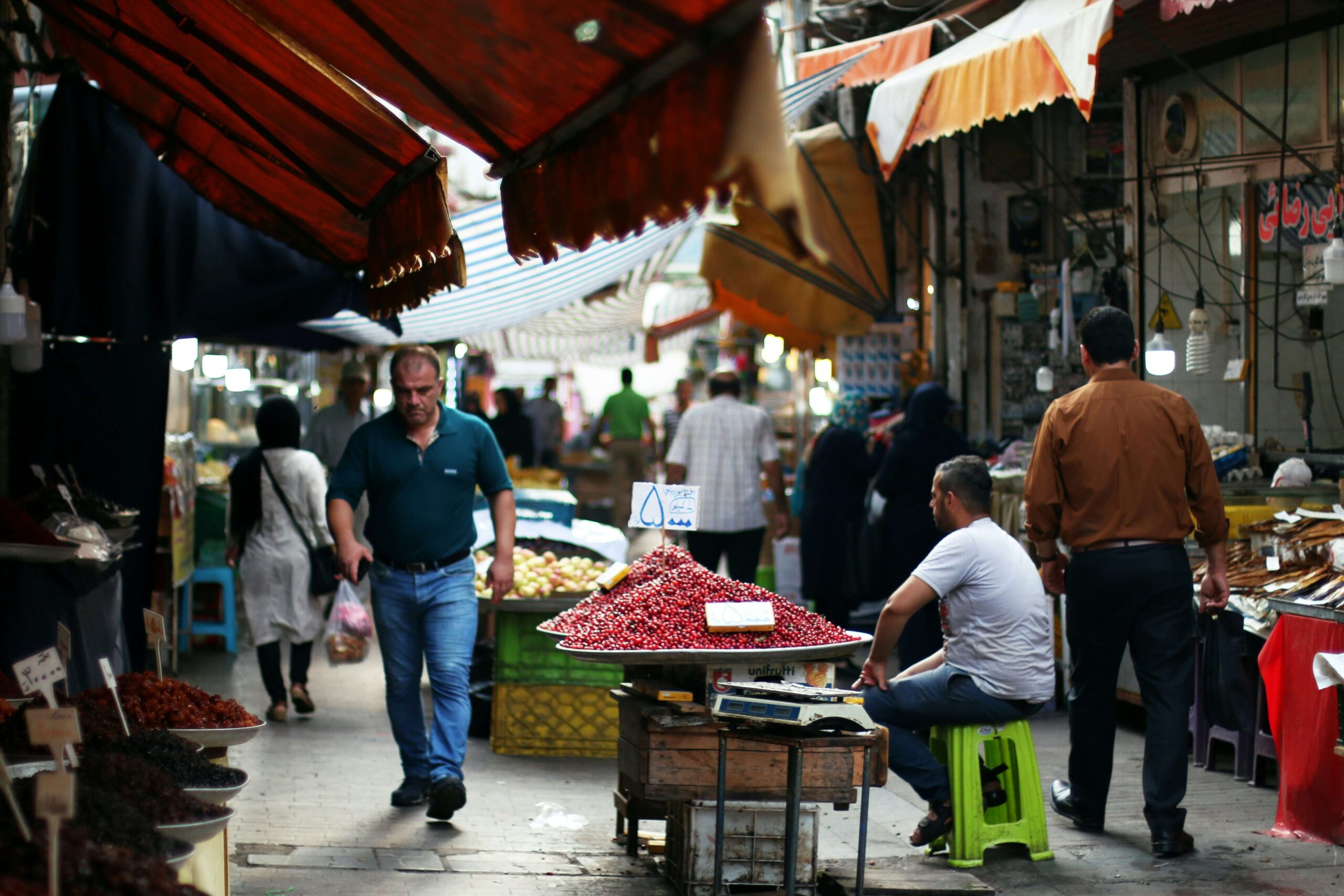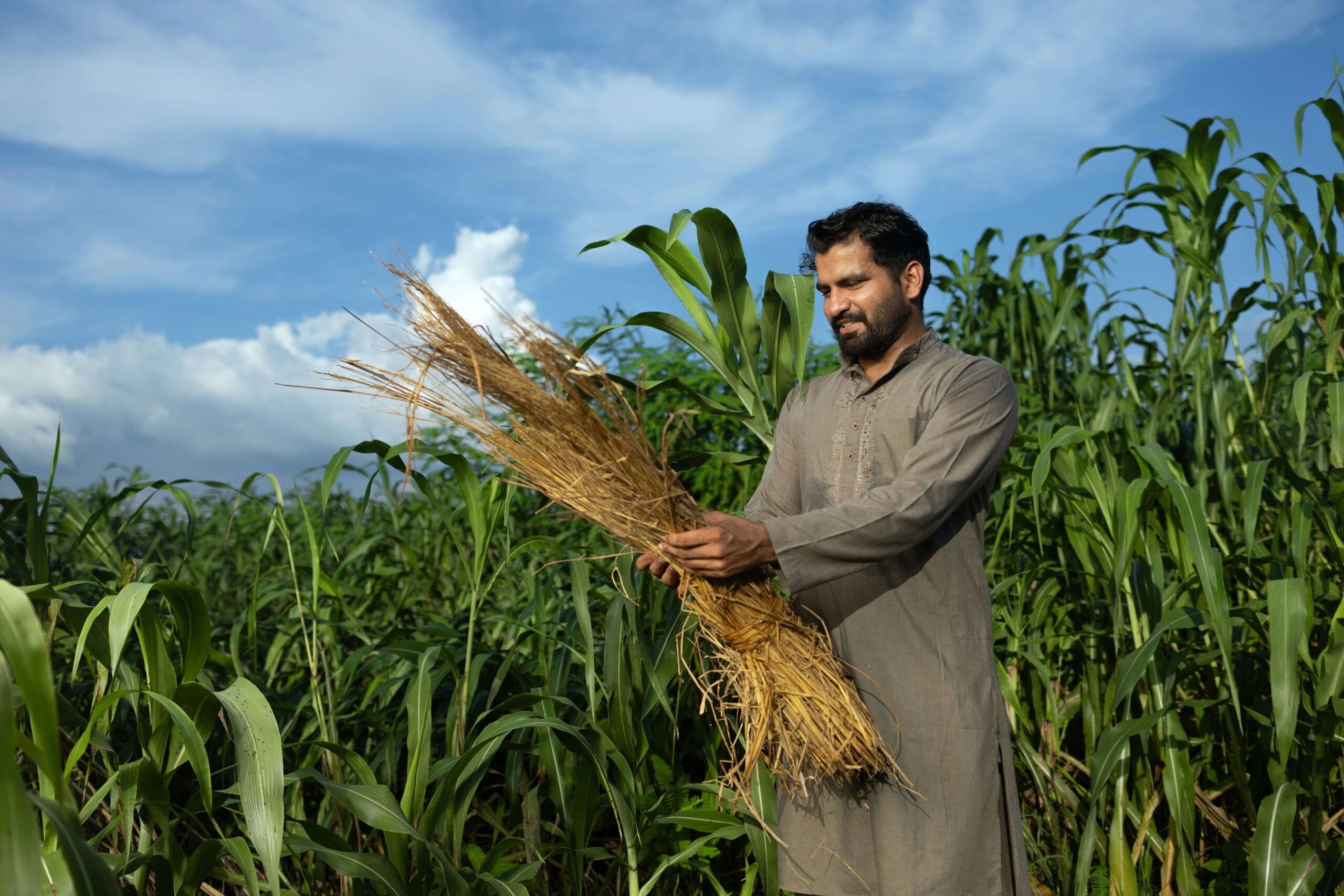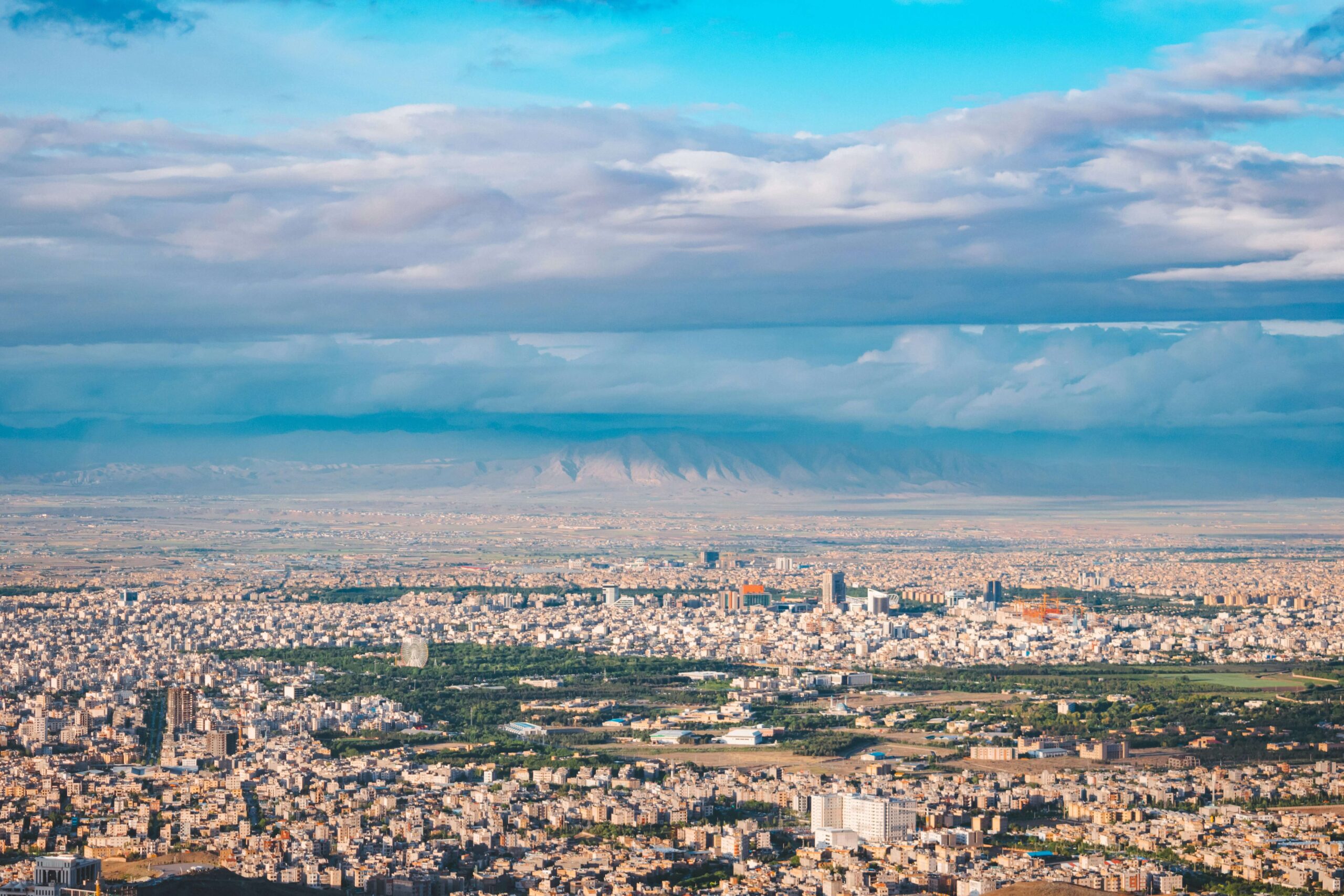In the last few years, Syria has started to see small but important signs of economic growth. This progress didn’t happen because of just one thing; it happened because of a combination of government reforms, foreign investment, growth in certain sectors and renewed faith in domestic markets. The country’s changing economy is being shaped by a number of factors, including energy projects, infrastructure development, agriculture, tourism and trade.
Economic Reforms and Market Liberalisation
Syria has been gradually putting in place rules that support private business and competition. The goal of these changes is to make the business world more dynamic and give both local and international businesses more chances to succeed.
Modernising Financial Systems
The push to modernise Syria’s financial and regulatory systems has been one of the main things that has helped the country grow. Banks and other financial institutions have added new services, like digital payment options and mobile banking, that have made transactions faster for both businesses and people. Simplifying customs and tax processes has also made it easier for importers and exporters to do business, which has led to more trade.
Private Sector Empowerment
The government has made it easier for private companies to get involved in all kinds of industries by lowering rules on investment and ownership. This change has made it easier for entrepreneurs and small businesses to grow and it has also brought in partnerships with investors from the region and around the world. The shift from a heavily centralised economy to one that is more open and friendly to business is steadily opening up new growth opportunities.
Foreign Investment and International Partnerships
Syria’s economy is getting a boost from partnerships with investors from around the world. The country is getting money, expertise, and new ideas by encouraging people from other countries to work together.
Capital Inflows from Regional Players
Foreign investment has been very important in Syria’s recent economic growth. Money coming in from Gulf countries, Turkey and Asian partners has mostly gone to important sectors like construction, agriculture, energy and real estate. These investments are not only giving money, but they are also bringing in new technologies and business knowledge.
Reconstruction and Infrastructure Development
International companies are working on big infrastructure projects like roads, housing and transportation networks. These efforts make the economy more business-friendly, create jobs and make logistics better. Foreign direct investment (FDI) also helps keep the economy stable by showing that people have faith in Syria’s economic future through long-term projects.
Infrastructure and Energy Expansion
The foundation of the economy is being strengthened by significant housing, energy, and transportation projects. The groundwork for future expansion and modernisation is being laid by these investments.
Powering Growth with Energy Projects
Energy is what is bringing Syria’s economy back to life. Investing in gas turbines, solar farms and upgrades to existing facilities is helping to fix power shortages and make sure that homes and businesses get a more reliable supply. Syria is slowly building a sustainable energy base for long-term growth by using a variety of energy sources, including renewable ones.
Transportation and Logistics Upgrades
People are also paying attention to transportation infrastructure, which includes improvements to roads, ports and railroads. A stronger logistics backbone lowers costs for exporters, makes trade easier in the region and makes domestic producers more competitive. Syria wants to become a regional trade hub and this sector alone is expected to bring in billions of dollars in future investment.
Agriculture and Natural Resources
Syria’s economy still depends heavily on agriculture, which creates jobs and ensures food security. In addition, natural resources still make up a sizeable portion of the national income.
Revitalising Agriculture
Agriculture is still an important part of Syria’s economy. Farmers are getting better yields of wheat, cotton, olives and citrus fruits thanks to more mechanisation, better irrigation systems and money spent on agri-tech. Agriculture is not only a pillar of food security, but it also creates jobs in rural areas and brings in money from abroad. This is because there is a lot of demand for food in the country and opportunities to export it.
Harnessing Natural Resources
Syria is working to make better use of its natural resources in addition to farming. Investing in the production of fertiliser, mining and related fields is opening up new possibilities in both upstream and downstream activities. These industries provide the raw materials needed for manufacturing and make a lot of money from exports.
The Return of Human Capital
Entrepreneurs and skilled professionals are coming back to offer new knowledge. Their creativity and expertise are advancing economic growth and assisting in the reconstruction of industries.
Workforce Resettlement and Skills
The slow return of people to Syria is also helping the country’s economy grow. Businesses can find more talented people in all fields as more people go back to work. Professionals who come back from working abroad with new skills are helping to modernise businesses in the United States and bring in new ways of doing things.
Youth and Entrepreneurship
A new generation of Syrians is entering the job market with digital skills and a desire to start their own businesses. There are more and more startups in technology, e-commerce and services. This makes the economy more dynamic and creates new jobs.
Tourism and Cultural Revival
Visitors are becoming more interested in Syria because of its rich history and cultural treasures. Once again, tourism is becoming a major source of income and global interaction.
Rebuilding the Tourism Industry
Tourism, which used to be a big part of Syria’s economy, is starting to come back. Investing in hotels, cultural sites and transportation infrastructure is bringing in people who are interested in history, culture and nature. Tourism spending helps local businesses, including hotels, stores, transportation and food services.
Soft Power and Global Perception
A growing tourism industry not only brings in money, but it also helps change how people see Syria abroad, making it a place to visit for culture and investment. This new visibility encourages people all over the world to get involved and boosts confidence in the economy as a whole.
International Institutional Support
The recovery of Syria is being aided by international development and financial organisations. Their assistance promotes sustainable growth, funds projects, and stabilises markets.
Engagement from Multilateral Organisations
International financial institutions have begun to work with Syria again, giving them technical help and money for projects. The World Bank and IMF are examples of organisations that show institutional support, which helps Syria follow global best practices in areas like governance, fiscal discipline and market regulation.
Access to Global Trade Networks
Syria is benefiting from being a part of regional and global markets as it rebuilds its trade ties. Partnerships with countries next door have made it easier for Syrian goods to reach more people by lowering trade barriers. This integration is especially important for farmers, textile workers and manufacturers who export.
Economic Stability and Market Confidence
Confidence is gradually returning thanks to better market supervision and financial policies. Increased stability is motivating businesses and consumers to make long-term investments.
Currency and Inflation Control
The economy is more predictable now that currency stabilisation and better monetary policy have been put in place. Lower inflation rates help families and businesses by making it easier for them to spend and invest. Stable prices also make people feel better about the economy, which helps it grow from the demand side.
Strengthening Domestic Consumption
As disposable incomes rise and consumer confidence builds, domestic demand is expanding. Retail, e-commerce and service industries are experiencing growth, reflecting the power of internal markets in driving broader economic expansion.



